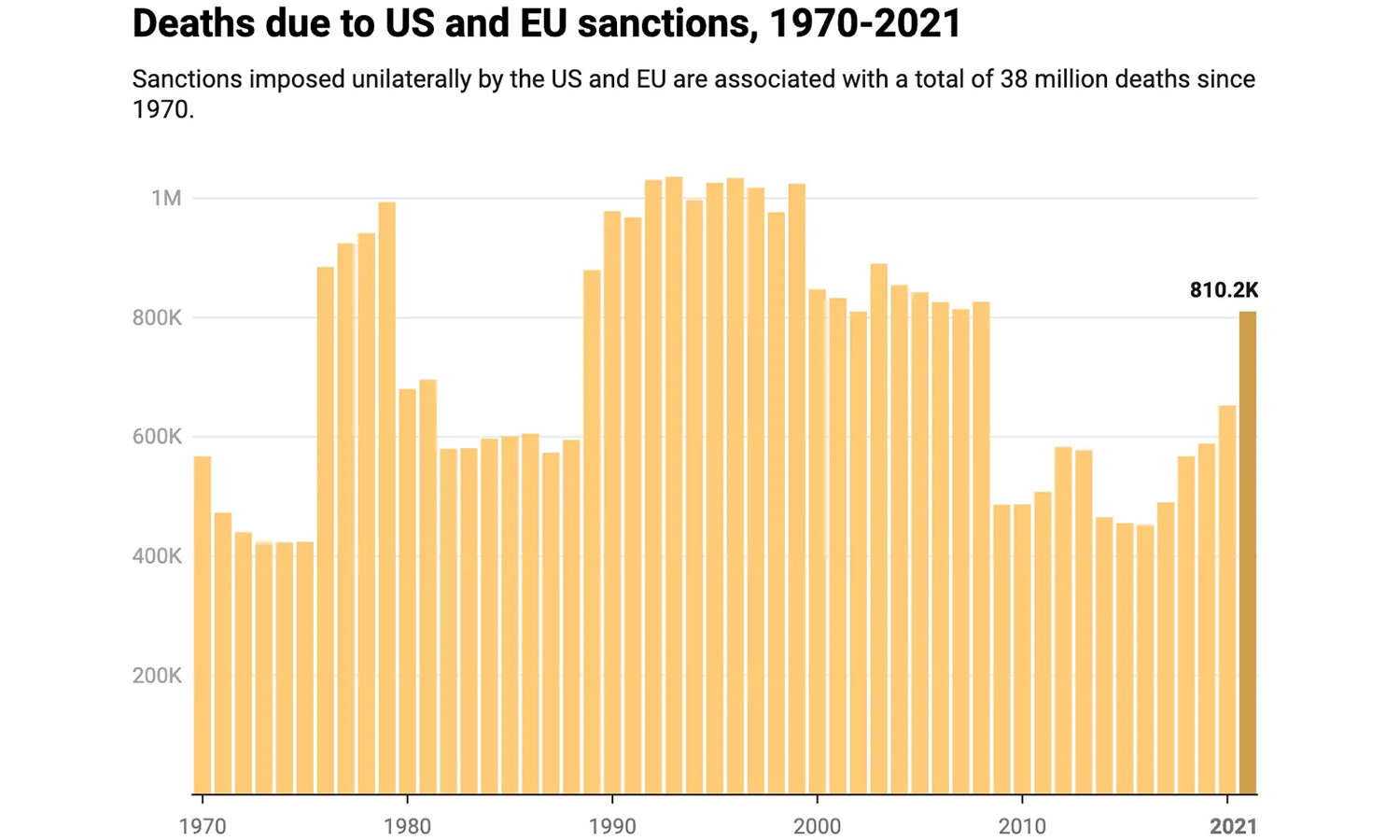The following speech was given by Ambassador Bárbara Montalvo Álvarez of Cuba at a celebration in London of the Day of Cuban Culture, 2023.
*****
HE Iván Romero Martínez, Ambassador of the Republic of Honduras and Dean of the Diplomatic Corps, dear colleagues
Distinguished and esteemed guests
Cubanos
I thank the ambassador of the Bolivarian Republic of Venezuela, Rocío Maneiro, for hosting us in this emblematic Bolivar Hall.
Thanks to all our guests for joining us. I would like to especially thank the Cubans living in Britain, those present and those who, wishing to share this moment, were unable to attend.
One hundred and fifty-five years ago, on 10 October 1868, Carlos Manuel de Céspedes, the Father of the Homeland, freed his slaves and invited them to join the struggle for our independence.
Later, on 20 October, the Cuban lawyer and patriot Perucho Figueredo wrote the lyrics of what would become our national anthem, on horseback, shortly after the Mambi troops under the command of Céspedes liberated the city of Bayamo. Amid the euphoria of the rebel troops, mixed with the jubilant crowd, the national anthem was sung for the first time.
After some time, and faced with the military superiority of one of the most powerful armies of the time, the people of Bayamo preferred to set fire to their houses and properties rather than to surrender. The rich, educated and cultured Creoles were the first to do so, and they were joined by the rest of the population.
The Day of Cuban Culture remembers and celebrates these important events in our history.
The moment when our national anthem was sung for the first time definitely marked the birth of a rebellious nation and its identity.
It is also the artistic manifestation of that profound and irreversible act that shaped the Cuban consciousness.
It is the highest and most genuine expression and symbol of our national culture. That is why the 20th of October was declared the Day of Cuban Culture.
It is a day of celebration, of reaffirmation of our roots, and to pay tribute. This year, it is dedicated to the work of young artists, to the 220th birthday anniversary of Santiago de Cuba poet José María Heredia. And to the 75th anniversary of the founding of the National Ballet of Cuba, which is a fusion of Cuban history and culture.
It is not possible to understand our history without taking into account the indissoluble link between culture and the defence of the nation, without knowing that culture is the shield and the sword of the Cuban nation.
This explains why, in 1992, when more than a few wondered whether we would survive, Fidel, in a memorable meeting with Cuban artists and intellectuals, reminded us: “Culture is the first thing we must save!”
In the multiplicity of forms in which our culture manifests itself, beyond the artistic and literary, lies the powerful force that sustains Cuba. That island, small and powerful at the same time, that we carry within us, that we feel wherever we are, that inflames our souls and for which we would give our lives before seeing it enslaved again.
Cuba, which always reminds us the most beautiful verses of its anthem: “For to die for the homeland is to live.”
















